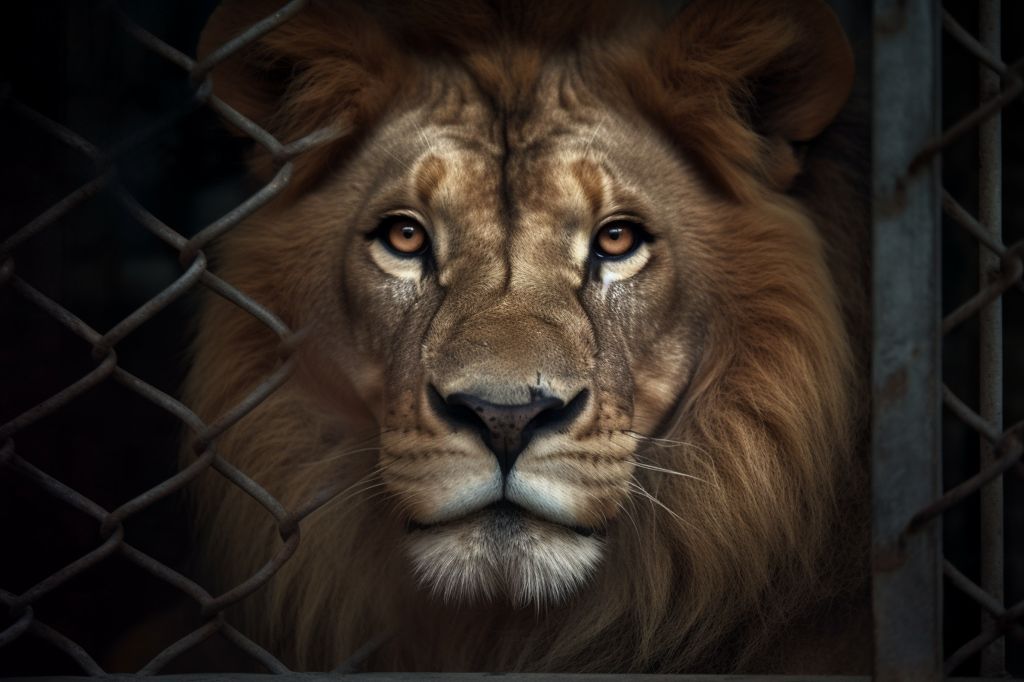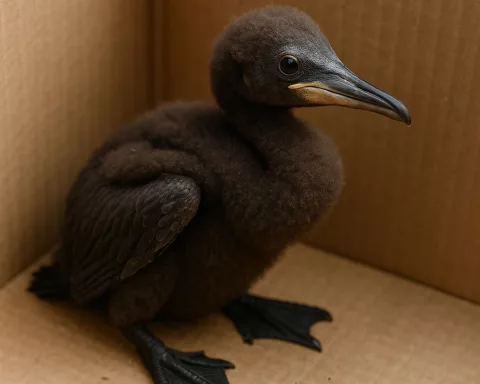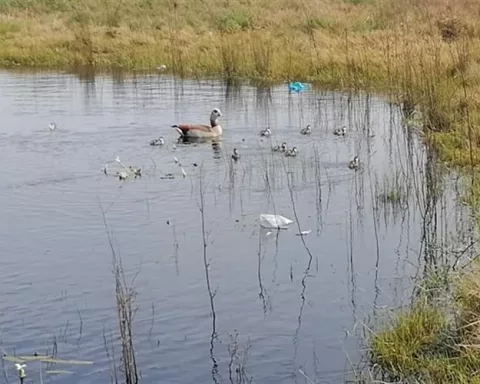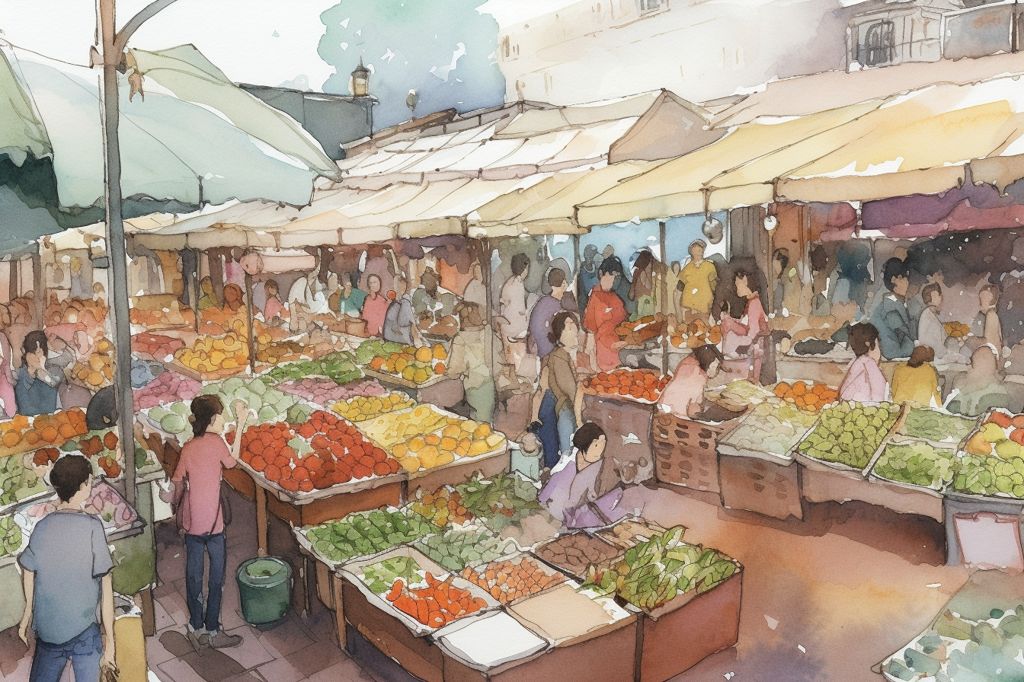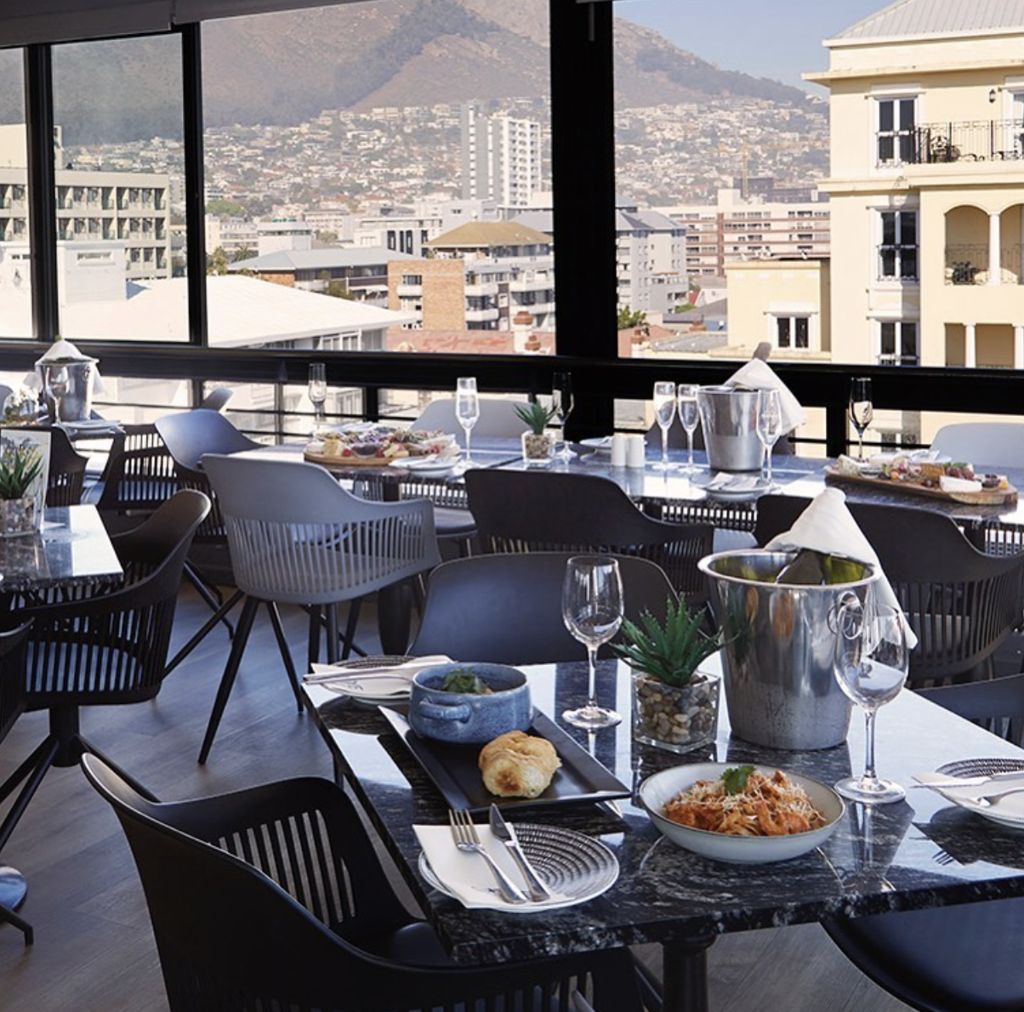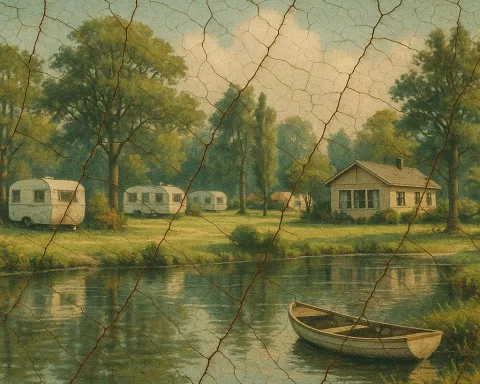A recently released promotional video has caused outrage by showcasing the brutal and inhumane nature of “canned” lion hunting in South Africa. The video reveals a male captive-bred lion being attacked by a crossbow and shot multiple times by professional hunters. The video arrives just before the anticipated phasing out of the captive lion hunting industry and highlights the need for change to protect animal welfare.
The Heartbreaking Video
The video shows the lion resting beneath a tree, unaware of the danger that awaits. Suddenly, a crossbow shot strikes the lion, causing it to charge at the group of hunters. As the lion rushes towards them, they fire a barrage of bullets to kill the animal. The video’s narrative seems to lament the upcoming closure of this hunting while glorifying the act of hunting captive-bred lions.
The Reality of Canned Hunting
Canned hunting refers to shooting captive-bred or tamed animals released into confined spaces with little to no chance of survival. Captive, high-fence, and ranch hunting all fall under this category. These methods involve lions intensively bred in captivity for commercial purposes, often to cater to trophy hunters. The industry has come under fire for its unethical and cruel practices.
Blood Lions’ Campaign Against Canned Hunting
According to Blood Lions, an organization that fights against canned hunting, the promotional video blatantly disregards animal welfare and global calls to ban this type of hunting. This campaign highlights the captive breeding industry’s intention to kill as many lions as possible before the shutdown. The organization calls for an immediate moratorium on canned hunting to prevent such cruel hunts from continuing while phasing out the industry.
Calls for Change
In late April, the Democratic Alliance (DA) in South Africa called for an end to canned lion hunting. Hannah Shameema Winkler MP, a DA Member on the Portfolio Committee on Forestry, Fisheries, and Environment, stated that the party had passed a policy resolution against captive lion hunting, breeding lions for canned hunting, and breeding lions for the sale of bonds and other derivatives.
The Need for Action
As South Africa awaits the implementation of the captive lion breeding industry phase-out, Blood Lions is encouraging individuals to spread awareness and educate themselves and others about the issue. The organization provides resources and campaigns on its website to help people take action against this cruel industry. As a society, we must continue to educate ourselves about this issue and work together to support the phase-out of captive lion hunting and establish more ethical and sustainable wildlife conservation practices.
The release of this promotional video has shed light on the dark side of captive lion hunting in South Africa. It serves as a reminder of the need for change in the industry to protect animal welfare and end such inhumane practices. We must take action to support the phase-out of captive lion hunting and establish more ethical and sustainable wildlife conservation practices.

